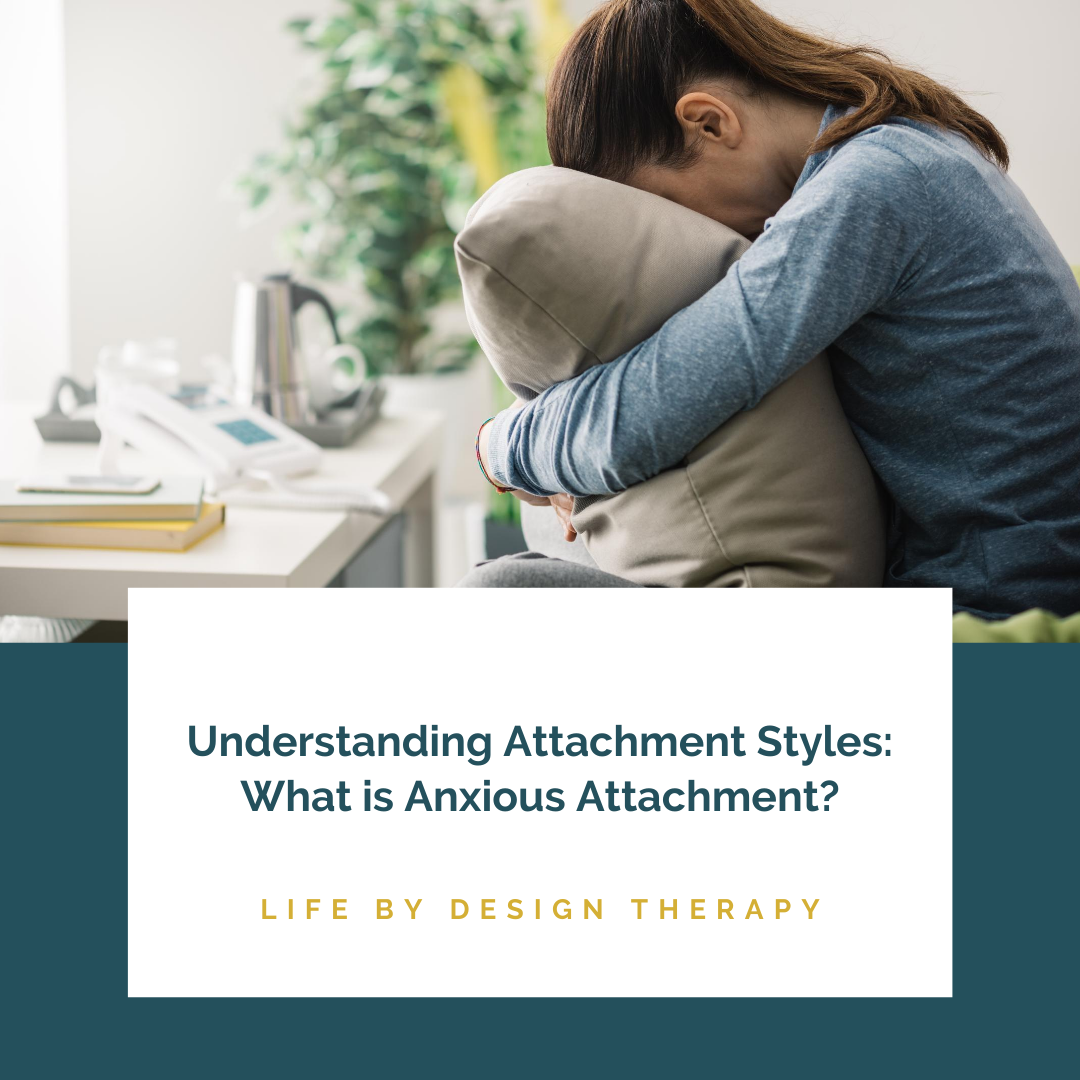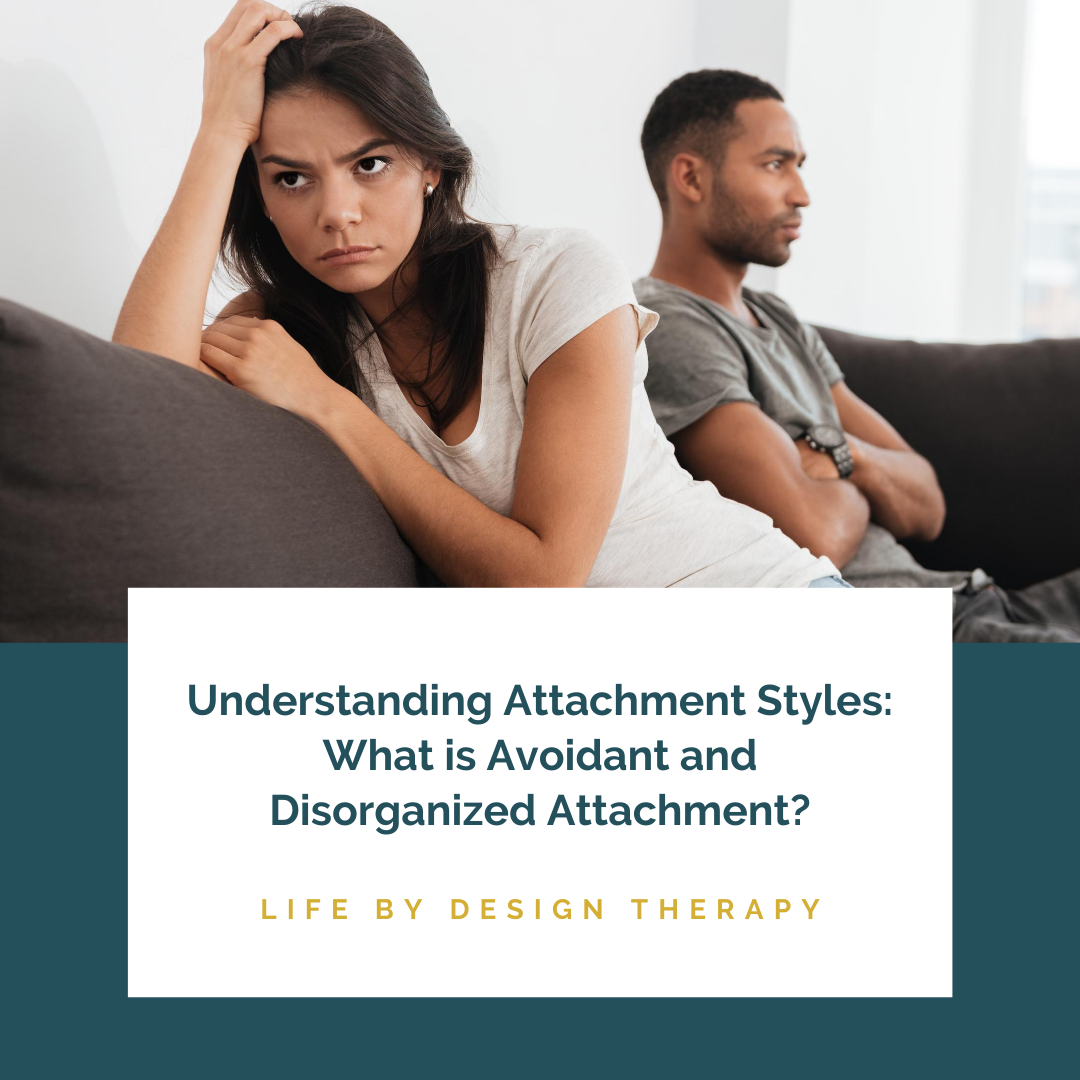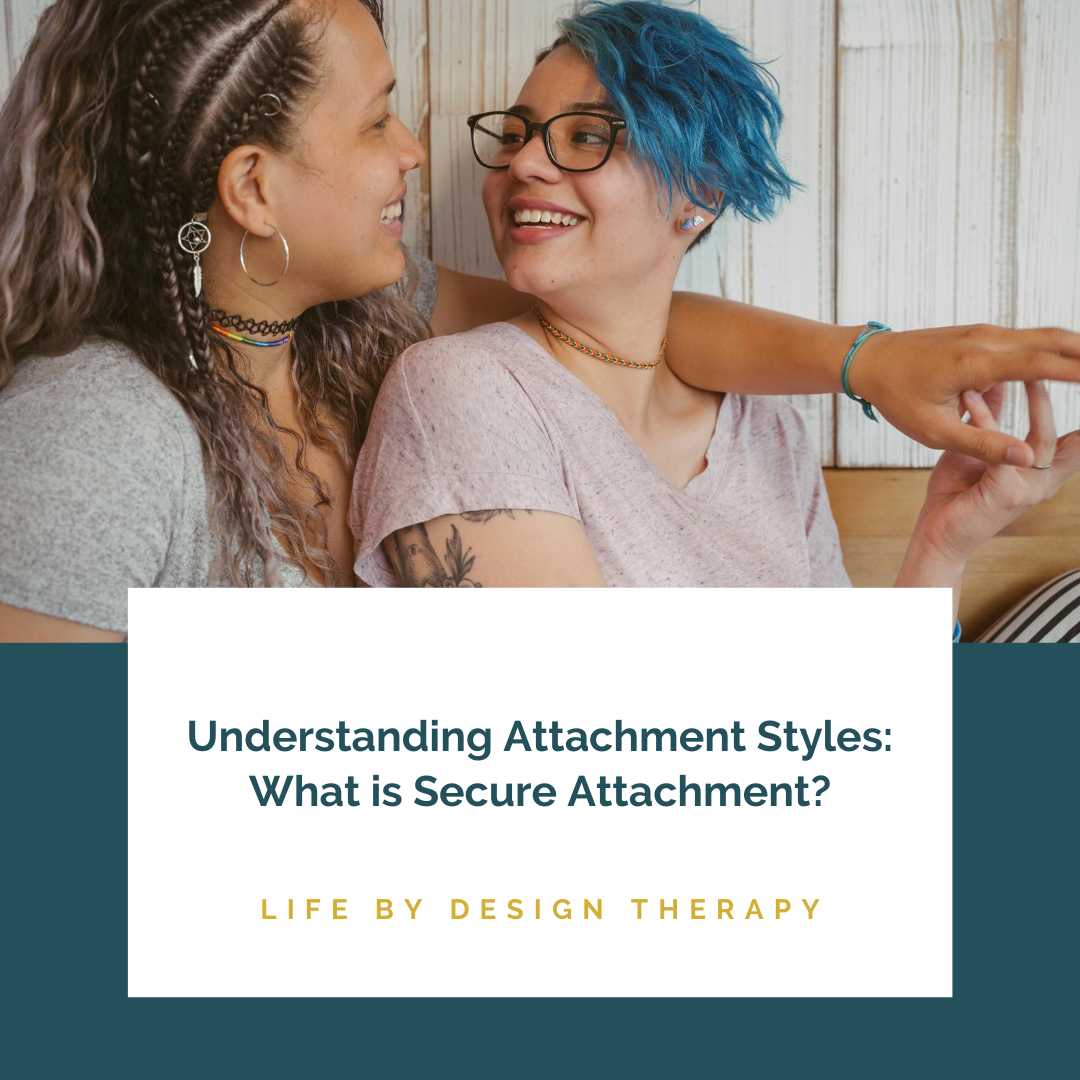By Melody Wright, LMFT
In the complex dynamics of relationships, we might find ourselves stepping into roles that require not just love and companionship but also patience, understanding, and support. If your partner struggles with anxiety, it might feel like you both are navigating through rough seas, where every wave of worry and fear has the potential to disrupt the stability of your relationship.
Anxiety comes in various forms and it can cast a shadow over even the brightest moments you both share, leaving both partners feeling isolated and uncertain.
However, even in relationships where anxiety is present, there lies an opportunity for deeper connection and growth. By learning how to support your partner with their anxiety effectively, you not only have the ability to strengthen the foundation of your relationship but also foster an environment of trust, empathy, and resilience. In this blog, we'll discuss ten ways to support your partner through their anxiety by focusing on understanding and kindness.
Supporting Your Partner
Supporting an anxious partner requires patience, empathy, and a genuine desire to comfort and encourage them. It means understanding their anxiety deeply and being there to provide comfort when they're feeling distressed. Patience helps you navigate their emotions gently, while empathy allows you to connect with their inner feelings of fear and worry. Most importantly, it involves a strong commitment to stand by their side, offering reassurance through all the challenges they face. So how can you do this?
Ground Yourself: To be present, listen, and have empathy for your partner you need to find ways to ground yourself before attempting. For those who experience anxiety, it can creep up suddenly, so being prepared to regulate yourself is essential to supporting your partner through it. You can support yourself with daily meditation, self-care practices, and deep breathing.
Engage in Active Listening: It’s important to encourage your partner to express their feelings and concerns. However, as you listen it’s also important to show empathy and understanding by actively listening to what they have to say and holding a non-judgmental space for them. Here's a brief example of active listening in a relationship:
Partner A: "I had a really tough day at work. My boss criticized my project in front of the whole team."
Partner B: "That sounds really challenging. It must have been frustrating to receive criticism like that. How did you handle it?
In this example, Partner B actively listens to Partner A's experience, acknowledges their feelings, and encourages further discussion by asking an open-ended question.
Validate Their Feelings: As you engage in active listening let your partner know that it's okay to feel anxious and that their feelings are valid. Be aware to avoid dismissing or minimizing their emotions.
Offer Reassurance: Provide verbal reassurance that you are there for them and that they are not alone in dealing with their anxiety. Remind them of their strengths and previous successes in managing anxiety.
Educate Yourself About Anxiety: Learning about anxiety disorders, their symptoms, and their triggers will only give you a deeper understanding of what your partner is going through and can help you provide better support.
Encourage Self-Care: For those who experience anxiety, their nervous systems can become dysregulated easily. Help your partner prioritize self-care activities such as exercise, proper nutrition, sufficient sleep, and relaxation techniques like deep breathing or meditation. This is important for nervous system regulation and reducing anxiety episodes.
Be Patient and Understanding: Recognize that anxiety can be overwhelming and may affect your partner's behavior and mood. Be patient with them and try to remain calm during moments of heightened anxiety.
Avoid Criticism: Do your best to refrain from criticizing or blaming your partner for their anxiety. Instead, focus on offering constructive feedback and support.
Encourage Professional Help: You might suggest seeking help from a therapist or counselor who specializes in treating anxiety disorders. Your partner might feel supported if you offer to accompany them to their therapy sessions.
Practice Mindfulness Together: Engage in activities that promote mindfulness, such as yoga or guided meditation. These practices can help both of you manage stress and anxiety more effectively and cultivate a deeper relationship with each other.
Maintain Open Communication: Encourage open and honest communication in your relationship. Check in with your partner regularly to see how they're feeling and what support they may need. Let them know that they can always come to you for help and guidance.
Final Thoughts
We understand that relationships of all kinds are unique. Navigating the complexities of relationships can be challenging and as the other side of the relationship, you might find that you would like support as well. For those who might be experiencing breakdowns in communication, trust issues, or just need someone to bounce thoughts off of, consider speaking with a skilled clinician. Your wellbeing contributes to the wellbeing of your relationship and if you would like support, reach out to one of our therapists today. You can CLICK HERE to schedule a free phone consultation.
Affirmations for Anxiety
"I am calm, centered, and in control of my thoughts and emotions."
"I trust in my ability to overcome challenges and face uncertainty with courage."
"I am worthy of peace and relaxation, and I deserve to prioritize my mental well-being."
"I release all tension and fear from my mind and body, allowing tranquility to flow through me."
"I am safe and secure in this present moment, and I trust in the journey ahead."
Additional Resources
**If you’re interested in expanding your knowledge on anxiety and how to support someone with anxiety, check out these books below:
"Dare: The New Way to End Anxiety and Stop Panic Attacks Fast" by Barry McDonagh
"My Age of Anxiety: Fear, Hope, Dread, and the Search for Peace of Mind" by Scott Stossel
"Loving Someone with Anxiety: Understanding and Helping Your Partner" by Kate N. Thieda MS LPCA NCC
**Some product links are affiliate links, which means we'll receive a commission if you purchase through our link, at no extra cost to you. Please read full disclosurehere.



















































